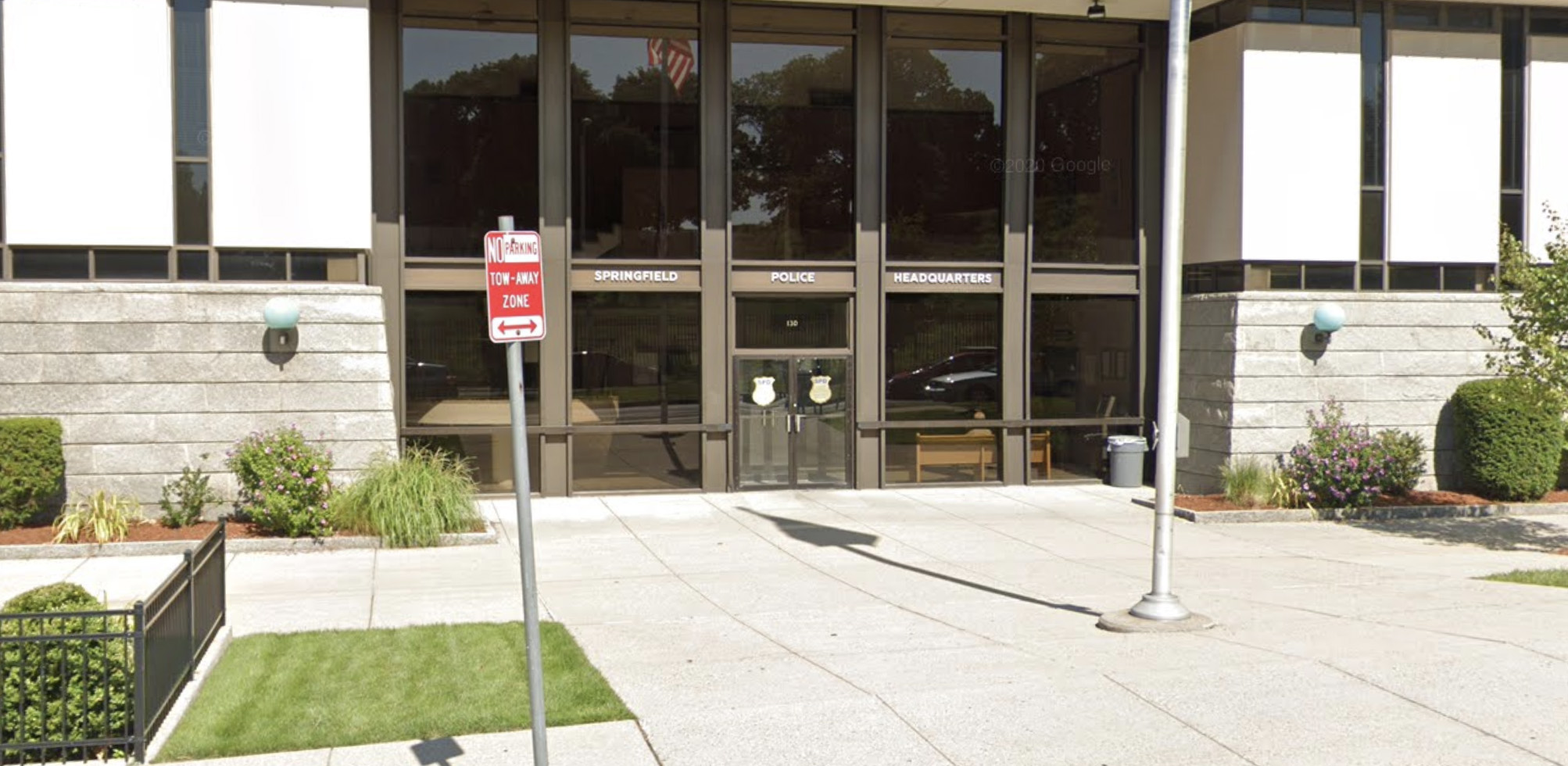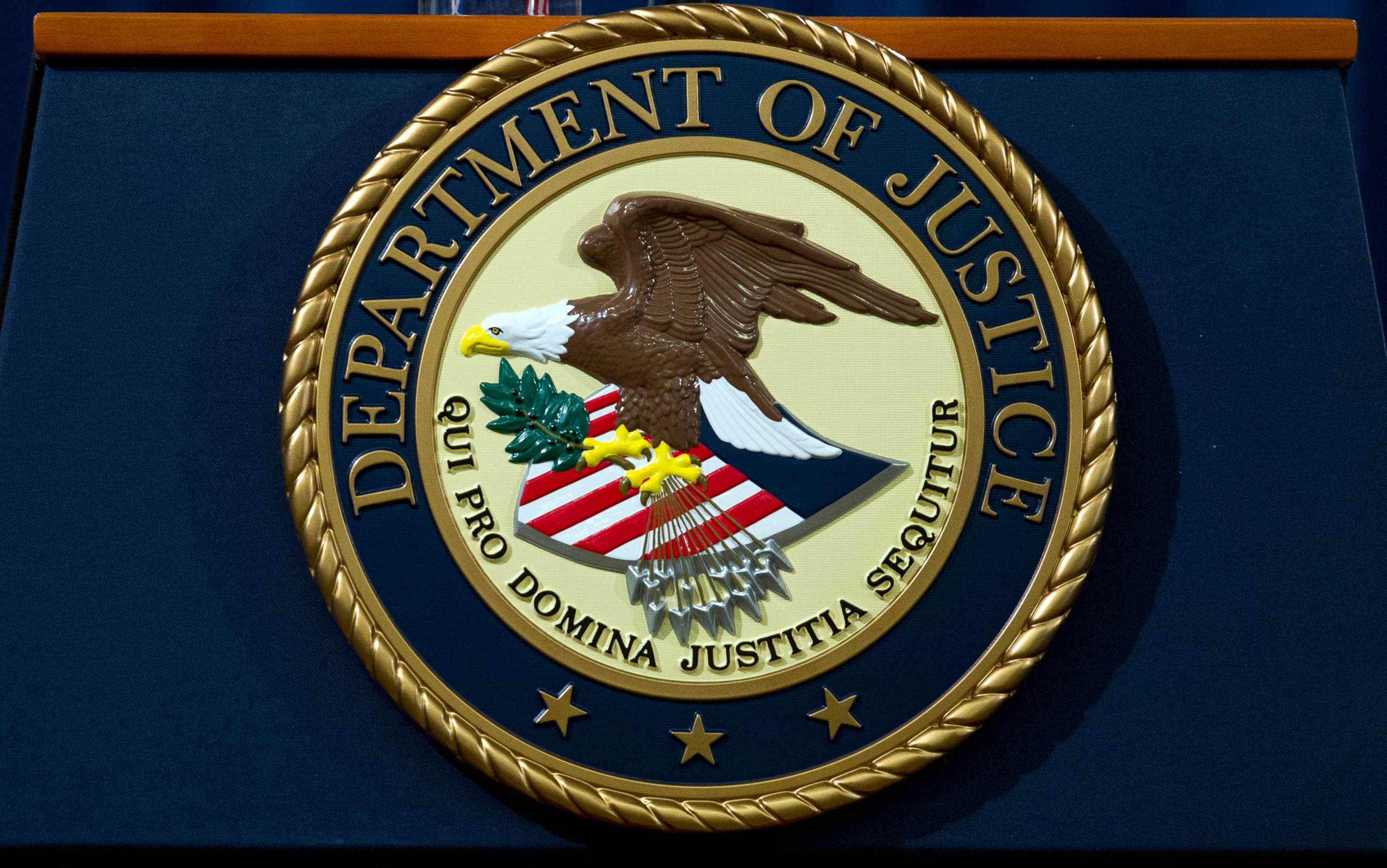Springfield, Mass. police narcotics squad routinely used excessive force: Justice Department
An officer allegedly threatened to crush a youth's skull and "get away with it."
A Justice Department investigation into a specialized narcotics unit of the Springfield, Massachusetts, Police Department found officers routinely used excessive force, including punching people in the face and using head strikes in violation of the Fourth Amendment of the Constitution.
"We found in that case there was a drug unit in the Springfield Police Department that was engaged in a pattern and practice of using excessive force," Attorney General William Barr told ABC News Chief Justice Correspondent Pierre Thomas in an exclusive interview
The investigation, the only pattern or practice investigation initiated during the Trump administration, began in 2018 after the federal indictment of an SPD narcotics sergeant who, two years prior, had allegedly kicked and spat on a teen boy and said, "Welcome to the white man's world." The officer also allegedly threatened to crush a youth's skull and said he would "f---ing get away with it." That case is still pending trial.
Investigators "identified a specific trend of Narcotics Bureau officers striking suspects in the head, or otherwise using force that results in blows to the head, in situations where such force is not justified."
According to a newly released report on the investigation, conducted jointly by the Department of Justice Civil Rights Division and the U.S. Attorney's Office of Massachusetts, the "routine reliance on punches during arrests and other encounters ... indicates a propensity to use force impulsively rather than tactically, and as part of a command-and-control approach to force rather than an approach that employs force only as needed to respond to a concrete threat."
The investigation "revealed chronic issues with the use of force, poor record keeping on that subject and repeated failures to impose discipline for officer misconduct," U.S. Attorney for Massachusetts Andrew Lelling said in a statement.
The Springfield Police Department has approximately 500 sworn officers with 24 serving on the narcotics unit that was the subject of the investigation.
"Narcotics Bureau officers repeatedly punch individuals in the face unnecessarily, in part because they escalate encounters with civilians too quickly, and resort to unreasonable takedown maneuvers that, like head strikes, could reasonably be expected to cause head injuries," the report said.

Plainclothes officers failed to take basic steps to identify themselves, DOJ investigators found, which "resulted in pursuits that ultimately escalated into unreasonable uses of force." In two cases, drivers stated that they didn't stop because they did not know they were being pursued by police in unmarked cars and instead "feared they were being chased by criminals."
One such chase ended with one man being slammed to the pavement, leaving him with "severe contusions and dark bruising on the right side of his face, a large black eye, a gash on the bridge of his nose, and additional abrasions on the left side of his face and the left side of his nose," that investigators said were "consistent with repeated strikes of his head."
A second case involved a person who reported "he was kicked in the face and upper body area 10-12 times with multiple officers taking turns kicking him" after being stopped.
"This report is disturbing and disappointing. No one, no one is above the law, including police officers," Springfield Mayor Domenic Sarno said at a press conference Thursday.
The report recommends enhanced reporting and review procedures, new use-of-force training that addresses "the importance of avoiding fist strikes to the head, neck, and face area, and avoiding kicking suspects."
Unlike most other police departments, current "SPD policies do not require officers to report 'hands on' uses of force such as punches and kicks," the report stated.
The report also calls for new procedures to ensure civilian complaints are properly handled and increased accountability mechanisms that include "meaningful, consistent and appropriate" office discipline.
"Some of the changes that are recommend in the report have already been started," Police Commissioner Cheryl Clapprood told reporters. "Some of the rules and regulations of the Springfield Police Department are outdated."

The city of Springfield and its police department have cooperated with the investigation and are working to institute some reforms, but without an enforceable agreement, any changes they make are voluntary.
"The Fourth Amendment to the United States Constitution protects all people in our nation from excessive force by law enforcement," Assistant Attorney General Eric Dreiband of the Civil Rights Division said in a statement. "The Department of Justice looks forward to working with the City of Springfield and its Police Department to protect this very important Constitutional right."
Trump's Justice Department has not embraced the use of courts to enforce reforms on police departments using tools like consent decrees.
"I'm not adverse to using pattern or practice" investigations, Barr told ABC News. "Sometimes there are other ways of getting at it rather than through using court consent decrees. Sometimes you can work with the police department through contracts and other things to work with them to improve the particular problem you find without necessarily bringing the courts into it."
"These consent decrees can drag out for a long time and, you know, become more of a checklist item versus effectuating real change. At the end of the day, if we think something has to be changed, we're going to use whatever tool we think is going to be successful in accomplishing that," Barr added.
The three prior administrations -- under Presidents Clinton, Bush and Obama -- conducted 70 pattern or practice investigations and secured 41 consent decrees mandating court supervised reforms or settlements with police departments.
Then-Attorney General Jeff Sessions issued new guidance effectively raising the bar for using consent decrees in 2018, just one day before he was fired. Sessions' memo stated that decrees, while sometimes necessary, could deprive local elected officials of control of their government.







